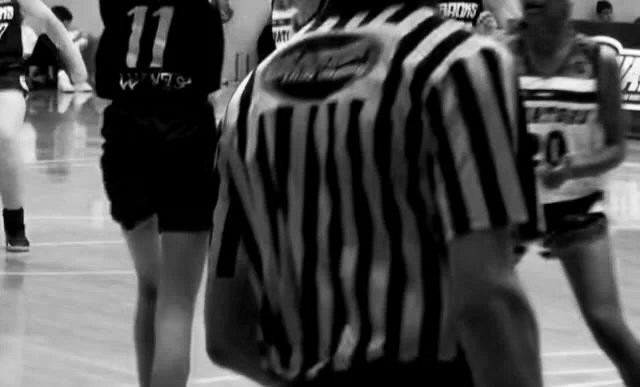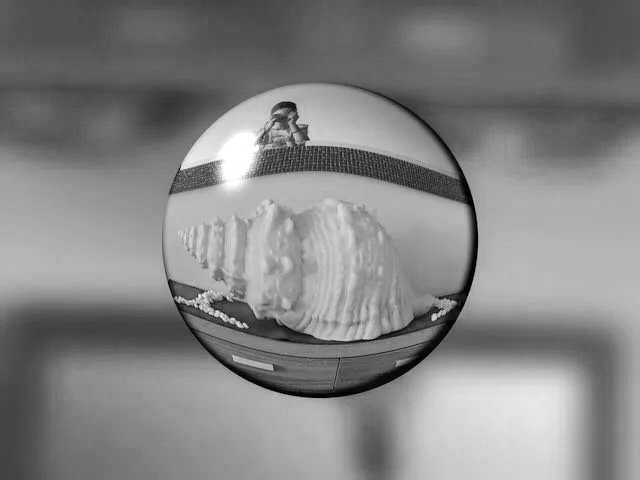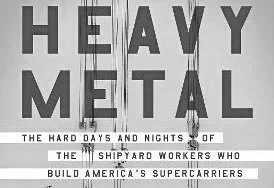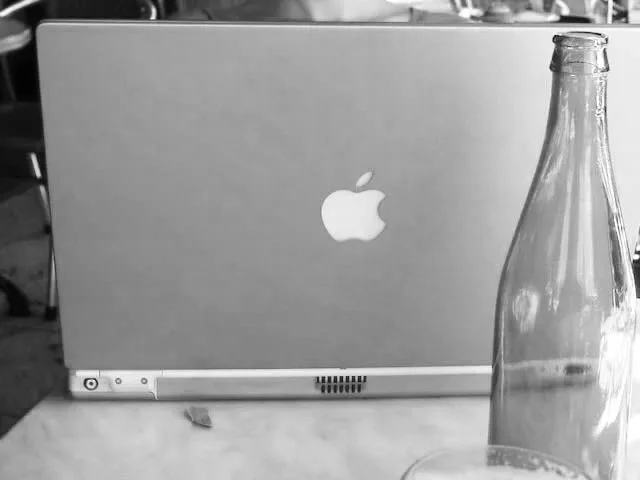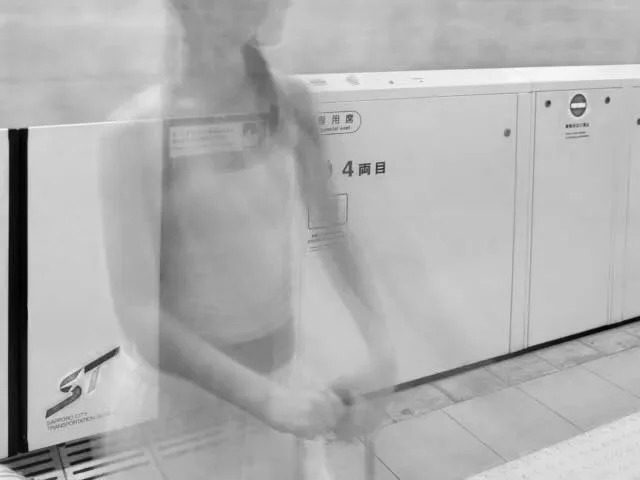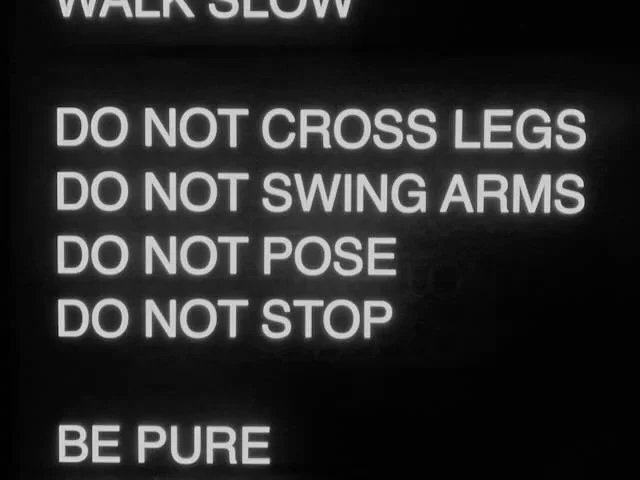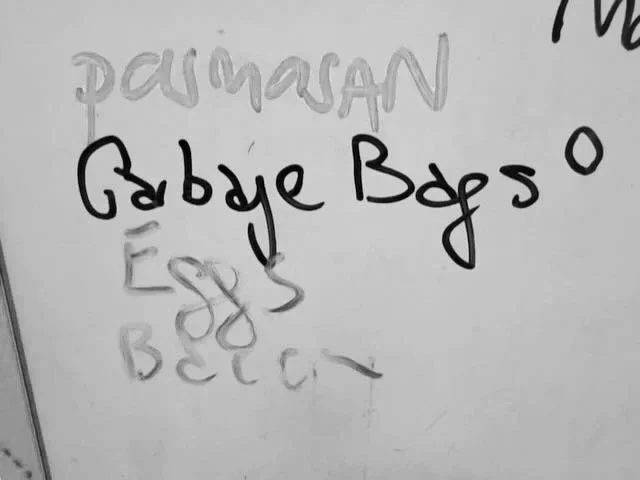Rules for Them.
You don’t have to sit at the elbow of power for very long to realise:
There are the rules for Them.
And there are the rules for The Rest of Us.
Of No Importance.
The reasonable person struggles to align Belief, Behaviour, and Consequences.
The performative virtuous person only needs to proclaim Belief - and Behaviour and Consequences are of no importance.
The Death of the Boss.
The outsourcing of management of the worker by the boss to HR marked the beginning of Management and the death of the Boss.
HR has no experience of the worker or what motivates them, and no skin in the game of how the worker serves the boss.
HR’s work is unaffected while it investigates, disciplines, hires, fires, rates, restructures, trains or ignores the worker.
Meanwhile, the boss, deprived of direct agency over their worker’s career, loses the ability or incentive to know and thus develop them.
Further reinforcing the need for HR.
Constraints.
We gush and we promote and sing the praises of our chosen organisation or endeavour.
We loot the thesaurus for every adjective to out-describe and out hype our competitors and mock the life we left behind to be here.
Then, with our chosen vessel of virtue flying along with sails billowing with our hot air of triumphalism -
CRACK!
We strike the unchartered Inevitable Reef hidden below the Sea of Life.
As we take on water and begin listing to starboard -
It’s too late to decide that perhaps we would have been better off promoting our constraints rather than our grandiose ambition.
No More Digital.
It’s been 30 years since mass adoption of the internet.
Twenty since the smartphone.
Fifteen since wide use of laptops in schools.
It’s time to stop showing our age by prefacing things with ‘digital’, or ‘e’, or ‘cyber’.
The Courage of the Expert.
By definition, an expert becomes one by breaking convention.
This exposes the expert to the risk of being held accountable to those conventions by those who are threatened by her.
Name Reality.
“What does it mean for middle powers to live the truth?
First, it means naming reality.”
Step 2 of the Five Steps to a Good Decision:
Define the Issue.
The Same Lie.
Our entire civilisation depends on each person who ever lived telling ourselves the same lie:
‘It won’t happen to me.’
Bedfellows.
Before raising my fist in the air in virtuous protest.
Best look around and check the virtues of my fellow protesters.
As well as my own.
Non-Binary.
“Your heart can break for more than one person at a time.”
You can feel for the person who is offended.
As well as for the person ostracised for offending.
